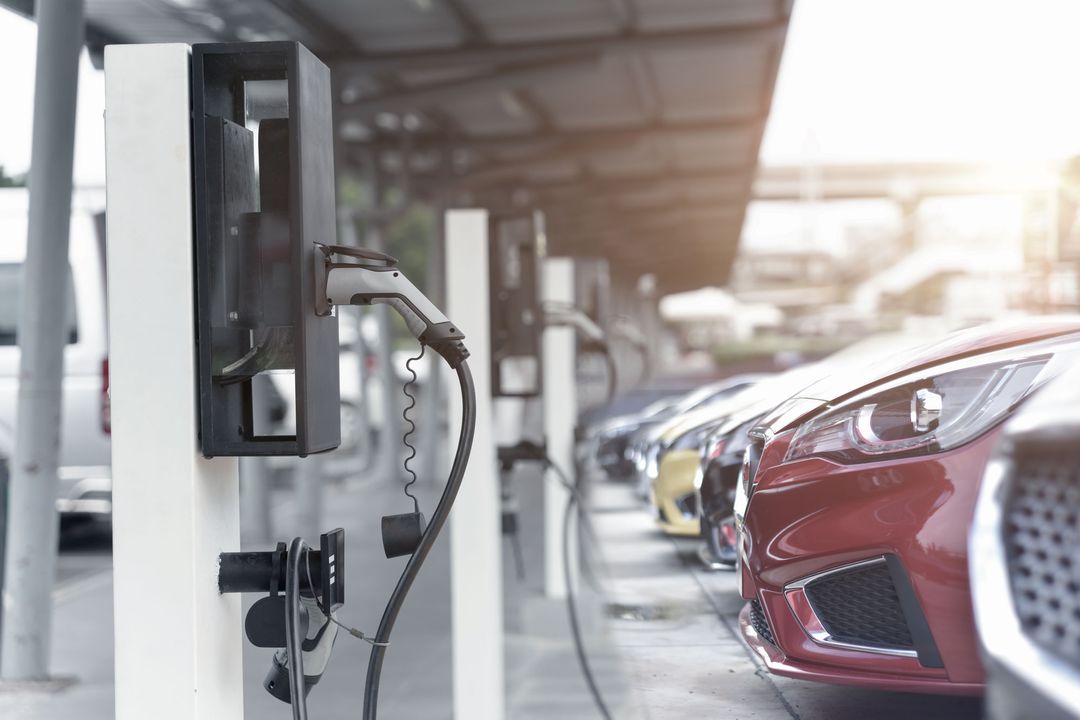Introduction
As the world transitions towards a greener and more sustainable future, electric vehicles (EVs) are gaining traction in India. With the increasing adoption of EVs, the demand for electric vehicle charging stations is also on the rise. In order to meet this growing need, various business models have emerged in the Indian market. This article highlights the top five EV charging station business models in India, providing insights into their operations and potential.
Public Charging Networks
Public charging networks are one of the most common and widely recognized business models in the EV charging industry. These networks establish charging stations at strategic locations such as shopping malls, parking lots, highways, and commercial complexes. They provide open access to EV owners, allowing them to charge their vehicles conveniently.
Public charging networks often operate on a subscription or pay-as-you-go basis, offering flexible charging plans to cater to different user needs. They generate revenue through charging fees and partnerships with EV manufacturers and government entities.
Private Charging Stations
Private charging stations are typically owned by individuals, businesses, or organizations. These stations are set up in residential complexes, corporate offices, hotels, and other private properties. They offer charging services exclusively to property owners, employees, or registered users.
The owners of private charging stations may choose to provide free charging services as an incentive to attract EV owners or charge a fee for the electricity consumed. Some private charging station owners may also consider installing solar panels to generate clean energy, reducing their operational costs and promoting sustainability.
Fast Charging Infrastructure Providers
Fast charging infrastructure providers focus on high-powered charging stations capable of delivering rapid charging to EVs. These stations are designed to charge electric vehicles quickly, significantly reducing the charging time compared to regular chargers. They are typically located along highways, enabling long-distance travel without extensive charging stops.
Fast-charging infrastructure providers primarily rely on partnerships with highway authorities, fuel station operators, and service providers. Revenue is generated through charging fees and collaborations with EV manufacturers or fleet operators.
Battery Swapping Services
Battery swapping services present an innovative approach to address the challenges of EV charging time and range anxiety. This model involves the quick exchange of depleted EV batteries with fully charged ones at dedicated swapping stations. It eliminates the need for waiting to charge the battery and allows for immediate use of the vehicle.
Battery swapping services require substantial investment in infrastructure, including battery inventory and automated swapping equipment. Companies providing battery swapping services may charge a fee based on the battery capacity, charging speed, or subscription plans.
Integrated Mobility Solutions
Integrated mobility solutions aim to provide comprehensive services for EV owners by combining charging infrastructure with other mobility offerings. This model often involves partnerships with ride-hailing platforms, cab aggregators, or vehicle rental companies.
These integrated solutions offer EV owners access to a network of charging stations along with additional services such as on-demand charging, reservations, vehicle maintenance, and route planning. Revenue is generated through charging fees, service fees, and commissions from partner organizations.
Conclusion
As the electric vehicle market in India continues to grow, the demand for EV charging stations is expected to rise exponentially. The top five EV charging station business models discussed in this article showcase the diverse approaches adopted by companies to address the charging needs of EV owners.
Public charging networks, private charging stations, fast charging infrastructure providers, battery swapping services, and integrated mobility solutions each play a crucial role in building a robust charging infrastructure ecosystem. By catering to different user requirements and collaborating with various stakeholders, these business models contribute to the development of a sustainable EV charging network in India, supporting the transition towards a greener future.
